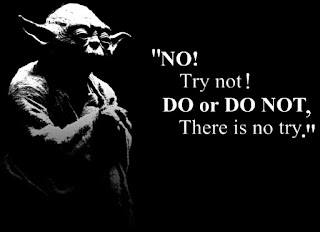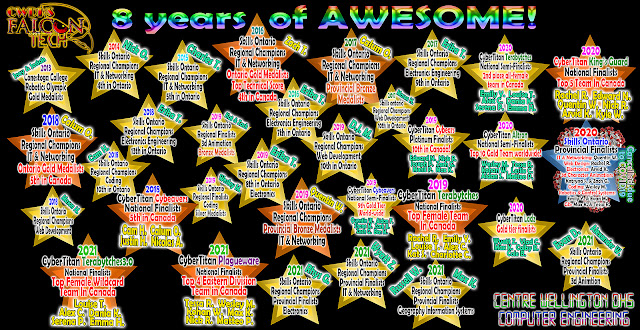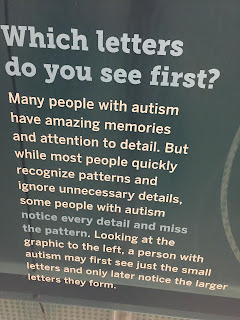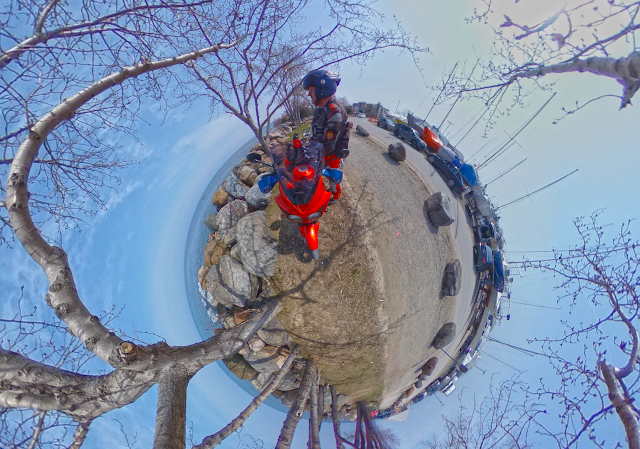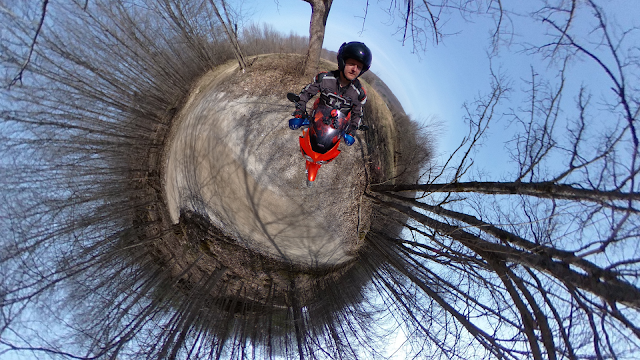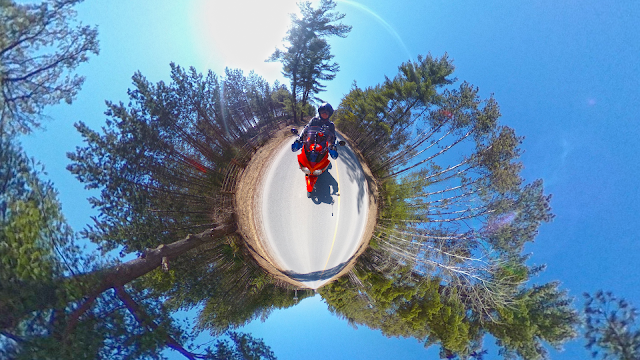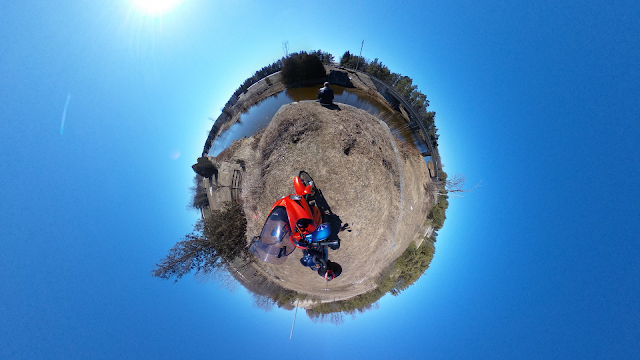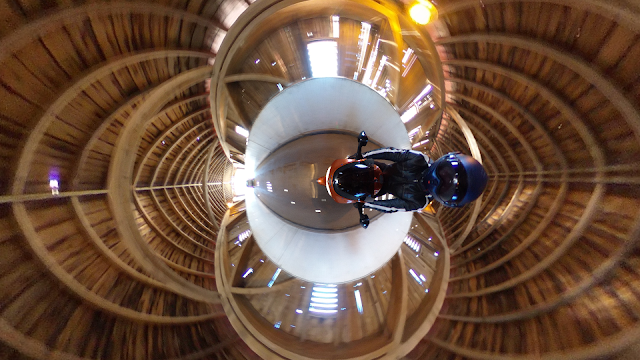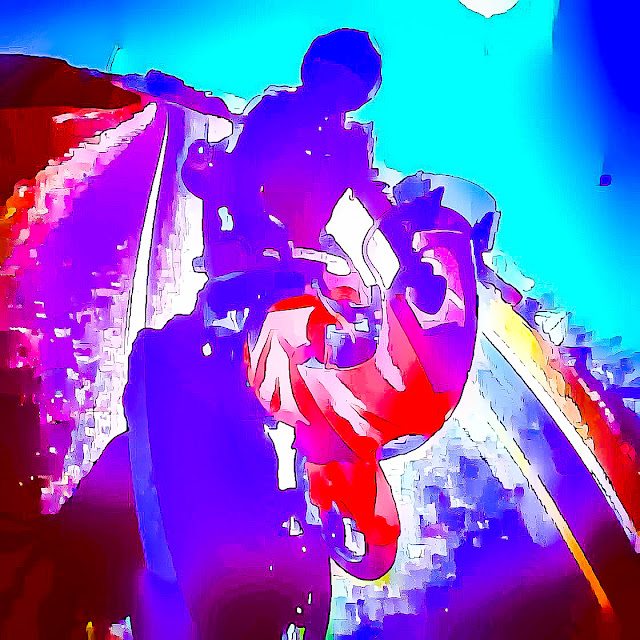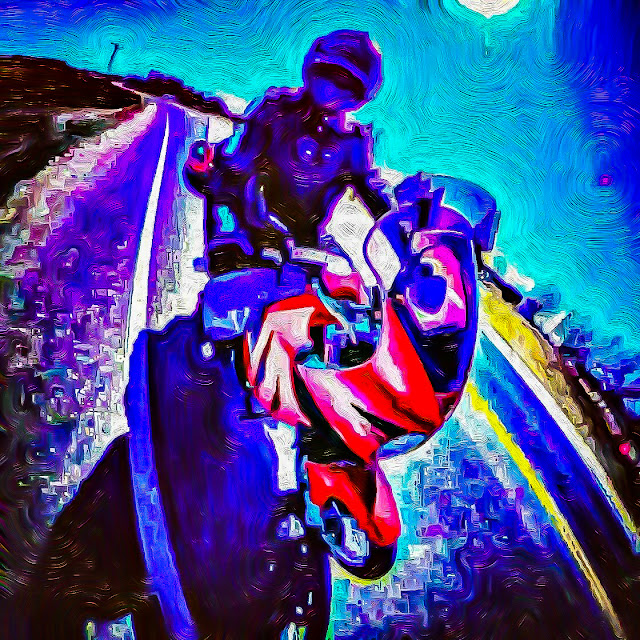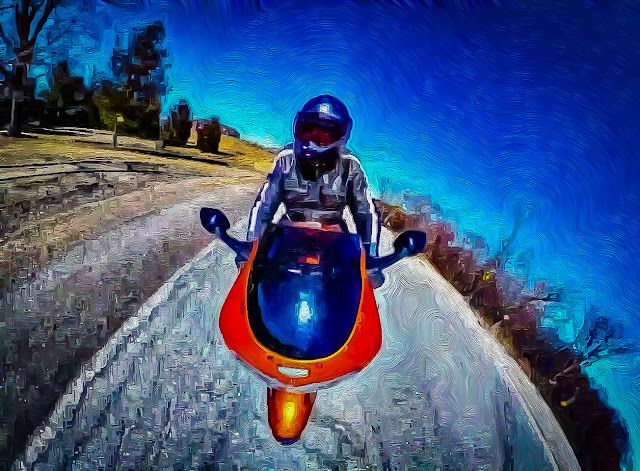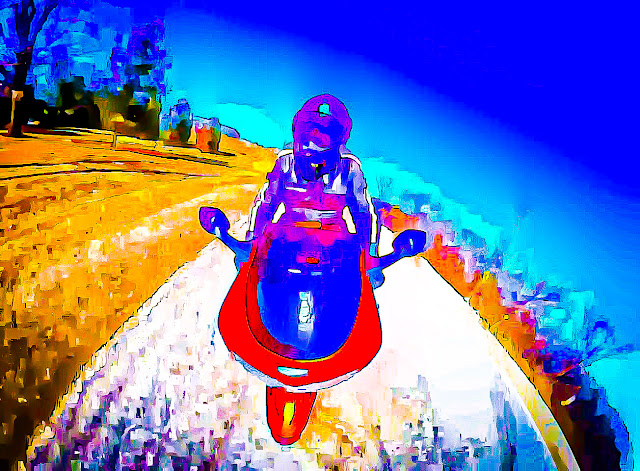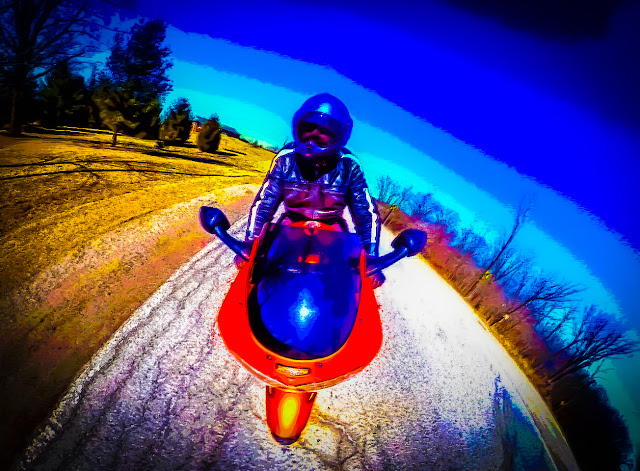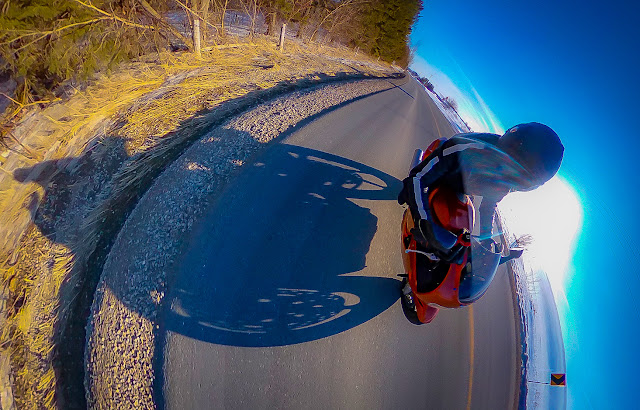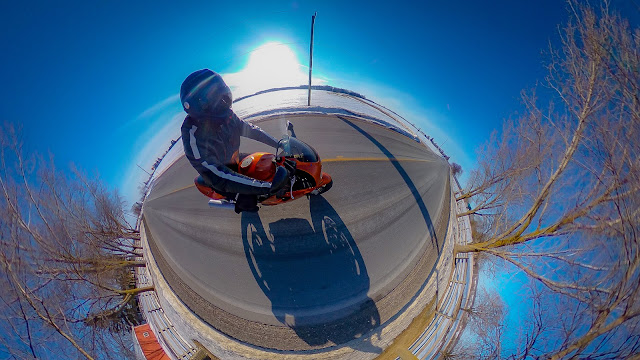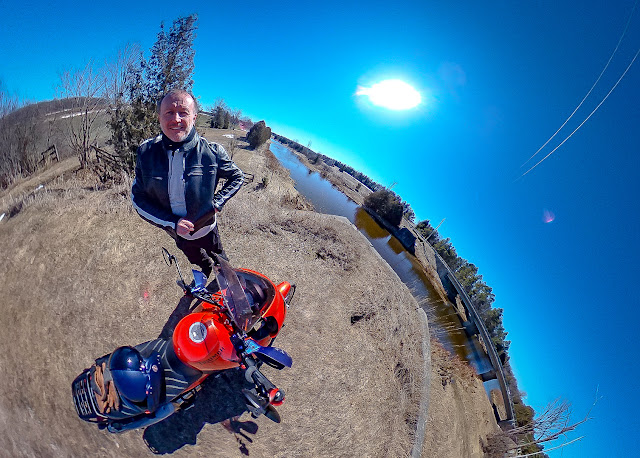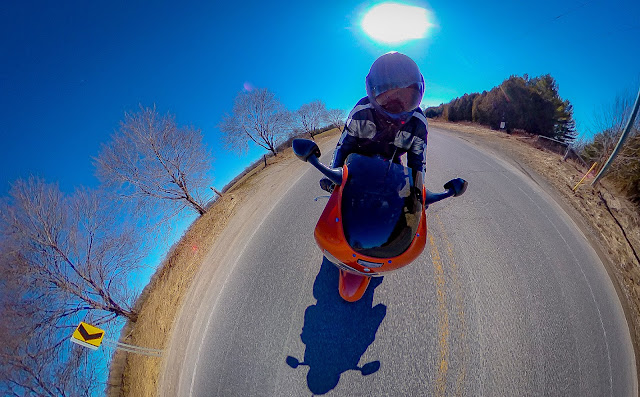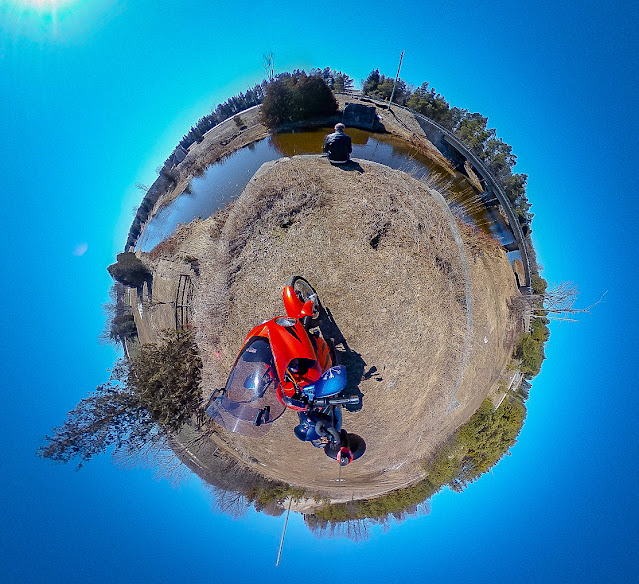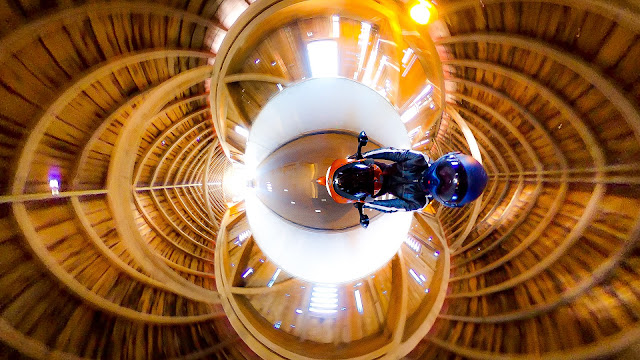What’s our job as teachers? Curriculum police? Guardians of the ivory towers of academia? Throughout the pandemic I’ve had students telling me tales of woe around their core subjects (English, maths & science), all three of which are seem to be chasing curriculum at all costs with radically reduced resources, most especially time. They seem intent on making up for these shortcomings by burying students in work at a time when many of them are frazzled to the point of ineffectiveness.
In a normal semester you take 75 minutes of instruction a day, have another hour of possible enrichment at lunch or before/after school, and then have time after school for homework that reviews small, 75 minute segments of new learning. Even in those good times that homework expectation gets my back up. Teachers who dump an hour of homework on a student each night are part of a cabal that believes that students should spend five hours a day taking in-school instruction and then another four hours a night doing homework (students take four subjects per day). These nine hour days aren’t sit-in-an-office-and-stare-out-the-window situations, they’re paying focused attention while developing new knowledge and skills hours, which makes them very tiring. Even at the best of times that homework load isn’t humane, nor is it equitable.
 |
Public education serves everyone and doing so
doesn’t make it anti-excellence. A system that
selects the top students based on their socio-
economic status isn’t equitable, nor is it doing
what public education is supposed to be doing. |
Got a job? Got other family commitments? The homework cabal doesn’t care. Their job is to shake the tree of dead fruit and only send the most privileged specimens on to the glorified halls of post-secondary academia. This is in direct conflict with what I believe the function of public education to be: to maximize the potential of every student and point them towards a more fulfilling life that makes best use of their abilities. The fact that the socio-economic privilege that supports the homework cabal usually falls to white, hetero-normative, cis gendered, neuro-typical, male students isn’t their problem; academic credibility must be maintained at all costs!
I was once one of those dead fruits. I have no doubt that I struggled in high school with maths and science because I was also working full-time hours in order to help my parents pay their mortgage through senior high school. Being undiagnosed as neuro-atypical didn’t help either but calling a student lazy and unfocused is much easier than identifying their neuro-diversity.
I can recall my core subject report cards commenting on my lack of focus, but then I was working until mid-night every day before coming in to school the next morning, though that didn’t stop teachers from bracketing me as a weak student and directing me out of university bound pathways (I’ve since earned 2 degrees).
During the pandemic our typical six month semesters have been crammed into 10 week quad-mesters, each week being a drink-from-the-firehose two and a half hour marathon in-class session followed by another two and a half hour marathon remote learning session, whether you’ve got the tech and circumstances at home to do it or not. What was once a classist, inequitable system has doubled down on that approach during COVID19. Now that we’re fully remote again for the third time those inequities are further amplified.
Mountains have been moved to try and address the digital divide, but sending a Chromebook home isn’t going to resolve generational socio-economic dysfunction and systemic-repression, and digital literacy has much more to it than whether or not you have access to a computer. Our unwillingness to make digital fluency a foundational skill in our classrooms has put us in a situation where we are expecting students to complete over half of their instruction in a course in an environment where the vast majority (teachers included) barely have a working knowledge, let alone fluency. While fully remote it also makes wild assumptions about student and teacher home lives and what they are able to achieve through the bottle-necked, undersupported and overburdened medium of elearning.
We’re currently in another wave of COVID19 prompted by a dysfunctional Ontario government and I’m coaching students in a series of virtual Skills Ontario competitions while instruction is fully remote.. Extracurriculars are nearly impossible this year with the viscous schedule and unapologetic work loads that teachers desperate to meet curriculum requirements are unloading on students. One of my competitors just dropped out because his calculus class (in addition to virtual instruction all day) is expecting late night homework marathons every night.
If you usually give an hour of homework for a seventy-five minute class spread over six months in a normal semester, you’re handing out over four hours of homework per day every day in our cramped quadmestered schedule where every day is the equivalent of 4.2 days of normal instruction. Core subject teachers with their mandatorily loaded classes seem particularly determined to drive students through their full curriculum by depending almost entirely on overloading students with an avalanche of work. When your subject is guaranteed to run regardless of how you approach it, that academic credibility seems to become an excuse for inequity.
This academic gate-keeping seems particularly acute in the core subjects where rigorously dictated curriculums have teachers worried about students in future classes if they don’t have the fundamentals down. This year I’ve had students from grades 9 to 12 tell me that they can’t do my course work on the week I’m teaching them because their English/maths/science teacher left them homework for their off-week. So much for us all being in this together.
from Blogger https://ift.tt/3sSLefL
via IFTTT



